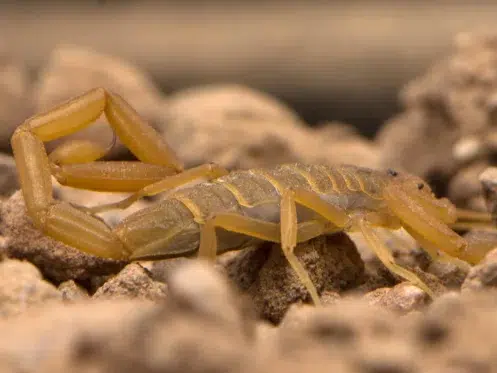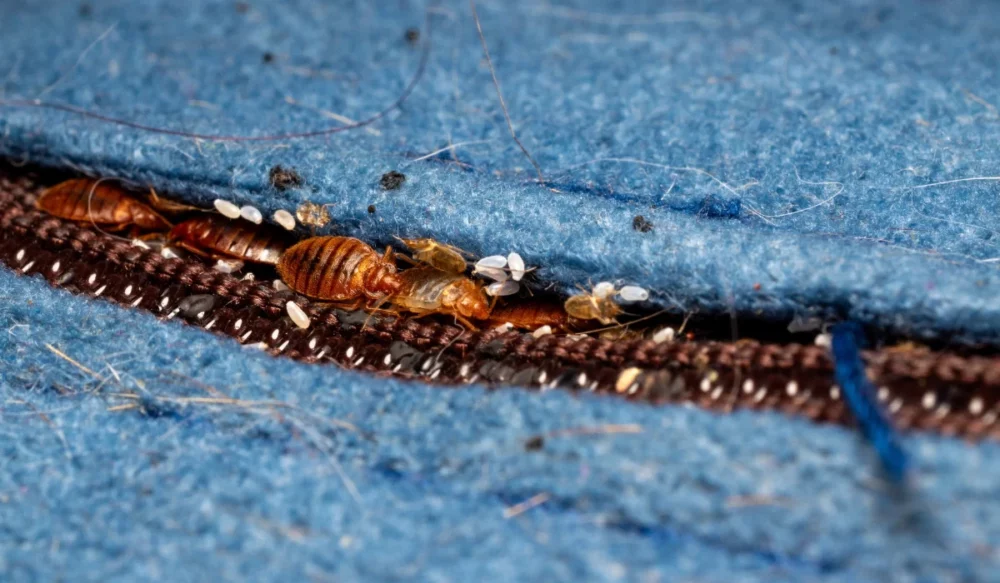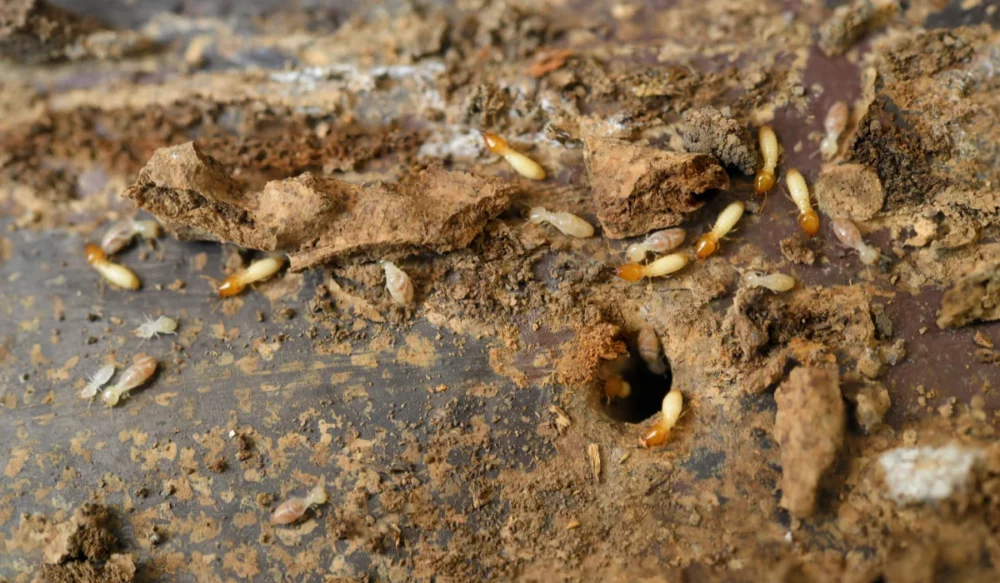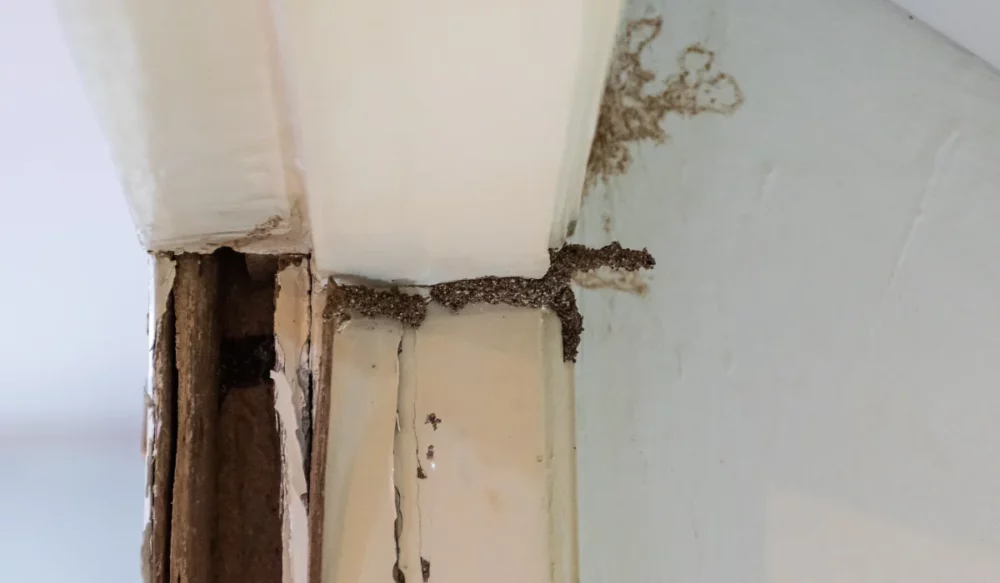Living in Arizona means adapting to the presence of scorpions, especially the Arizona bark scorpion, one of the most venomous species in North America. While scorpions are part of the natural desert environment, they don’t have to be a part of your home.
Here are practical steps to avoid scorpions and maintain a safe, scorpion-free home.
Key Takeaways
- Scorpions can be kept out by sealing gaps around doors, windows, walls, and utility entry points.
- A well-maintained yard free of debris, overgrown plants, and excess moisture can discourage scorpions from settling nearby.
- Simple changes like using yellow lights, decluttering spaces, and applying natural repellents can make your home less inviting.
- Limiting food sources like crickets and roaches through cleaning and professional pest control can help reduce scorpion activity.
1. Seal Your Home to Block Entry Points
Scorpions are excellent climbers and can squeeze through surprisingly small gaps, making it essential to secure potential entry points.
Inspect your home thoroughly, paying close attention to doors, windows, and utility entry points. Adding weatherstripping around doors and sealing window gaps with caulk can effectively deter them.
For added protection, fill cracks in walls and around baseboards with caulk, and consider installing door sweeps to block any access under doors.
These steps help create a barrier that keeps these arachnids out.
2. Declutter Your Yard
Your yard can easily become a haven for scorpions if not properly maintained. These pests love to hide in woodpiles, rocks, and dense vegetation.
Removing firewood and debris from areas near your home is a simple yet effective way to reduce scorpion hiding spots. Regularly trimming bushes, trees, and grass helps maintain a clear perimeter around your home, discouraging scorpions from venturing closer.
Since they’re also drawn to moisture, addressing leaks and improving drainage can make your yard far less inviting to them.
3. Control Food Sources
Scorpions thrive on a diet of smaller pests like crickets, cockroaches, and roaches, so limiting their food supply can help.
Keeping your living spaces clean and free of crumbs or spills is crucial. Storing food in sealed containers and disposing of garbage promptly further reduces the chance of attracting insects that scorpions prey on.
4. Make Your Home Less Inviting
Simple adjustments around your home can deter scorpions. Here’s what you can do:
- Lighting: Use yellow outdoor bulbs, which attract fewer insects and, in turn, fewer scorpions.
- Black Light: Periodically use a UV black light to spot scorpions at night. Their exoskeletons glow under UV light.
- Diatomaceous Earth: Spread diatomaceous earth around entry points. This natural scorpion repellent can be safe for use.
5. Invest in Pest Control Company
Professional pest control services are invaluable in keeping scorpions at bay. Consider hiring those who specialize in scorpion control for:
- Barrier Treatments: Application of eco-friendly products around your home’s exterior.
- Ongoing Monitoring: Routine inspections and preventative measures ensure long-term protection.
6. Maintain Indoor Spaces
Inside your home, scorpions seek out dark, cluttered areas like closets, crawl spaces, and spots under furniture. Keeping storage areas organized can get rid of these hiding places.
To address crawl spaces, install fine mesh screens over vents to block access. Routine cleaning and decluttering discourage scorpions and make your home feel more comfortable and organized.
When to Call a Professional
If you notice an increase in critter sightings or suspect a scorpion infestation, it’s time to call in the experts.
Professional pest control companies offer specialized scorpion control services that go beyond DIY methods. At Green Home Pest Control, we offer specialized services to help Phoenix, Scottsdale, Gilbert, Chandler, Tucson, and nearby Arizona communities handle scorpion problems.
Our trained technicians thoroughly inspect your property to identify the types of scorpions, hiding spots, entry points, and conducive conditions. Contact us today to schedule your inspection and reclaim your peace of mind.




